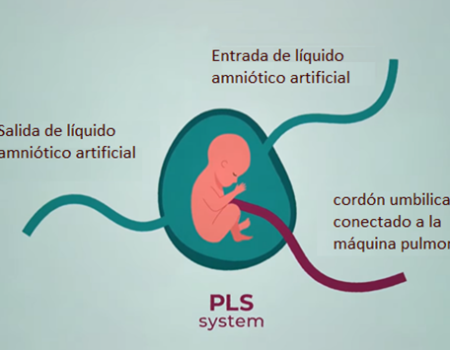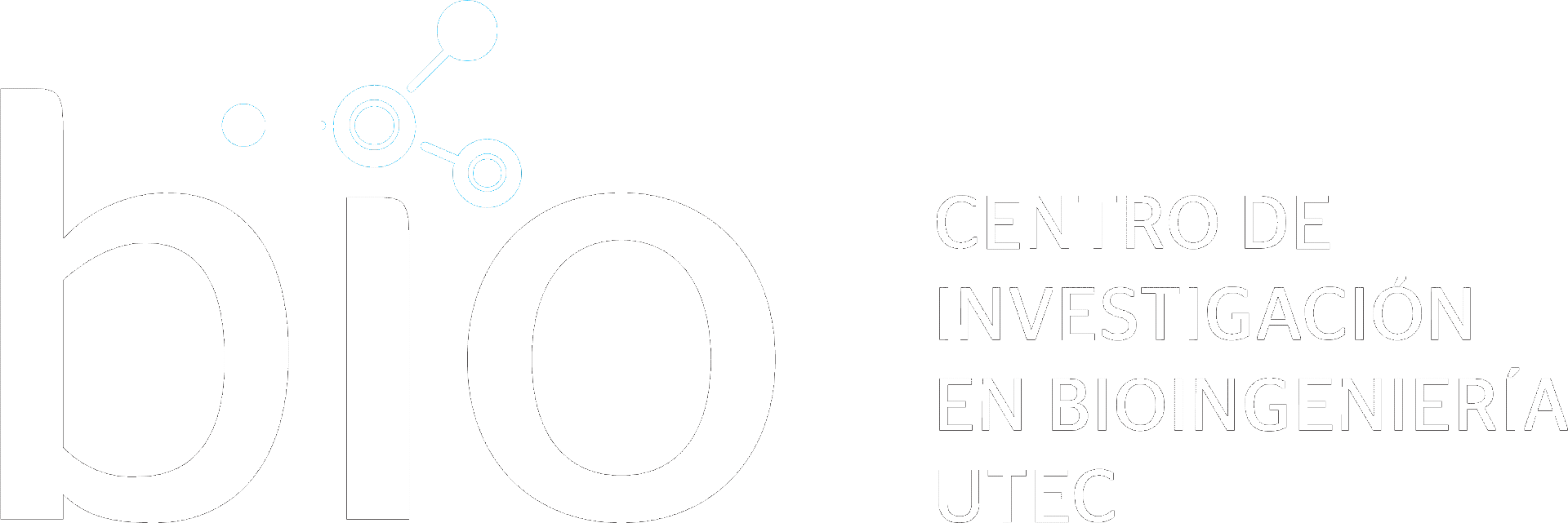
Full Time Professor
Bioengineering and Chemical Engineering Department
Eighteen years ago, Ann, then 30, suffered a brain stem stroke that left her severely paralyzed, losing control of every muscle in her body. At first she couldn’t even breathe on her own. To this day, doctors still do not know the causes of stroke.
A group of researchers at the University of California led by Dr. Edward F. Chang has developed a brain-computer interface that decodes the patient’s (Ann) brain signals and converts them into synthesized speech that is spoken aloud by a digital avatar. This avatar reproduces facial movements involving the jaw and lips when necessary. The avatar is also able to recreate the facial movements of joy, sadness, and surprise in order to show feelings. The system can convert brain signals to text at a speed of 78 words per minute, with an average word error rate of 25%, surpassing existing technologies. Instead of recognizing full words, the system identifies phonemes, which are the smallest units of speech, improving speed and accuracy. The system only needed to learn 39 phonemes to decipher any English word. In order to capture the signals, researchers implanted 253 array electrodes on the surface of the lateral sulcus (fissure of Rolando) of the patient’s brain. These electrodes connect via a wire to a port (attached to the head), which is used to send the brain’s electrical signals to computers. To create the avatar’s digital voice, the team devised an artificial intelligence algorithm to recognize unique brain signals for speech. Then, researchers used the patient’s voice before the injury, using a recording of her wedding speech.
This work developed by the Bioengineering departments of the University of California at Berkeley and San Francisco offers users who cannot speak the possibility of communicating almost at the same speed as healthy people and having much more fluent conversations. This is a remarkable example of how Bioengineering can help improve the quality of life of people who suffer permanent damage.

References
Metzger, S.L., Littlejohn, K.T., Silva, A.B. et al. A high-performance neuroprosthesis for speech decoding and avatar control. Nature (2023). https://doi.org/10.1038/s41586-023-06443-4




